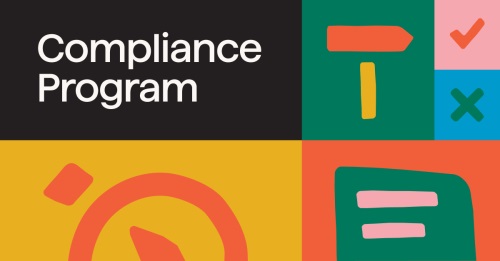Blockchain Technology in Insurance: Transforming Trust and Security

One technology that has been making waves and reshaping the foundations of trust and security is blockchain. Blockchain, the underlying technology behind cryptocurrencies like Bitcoin, is proving to be a game-changer for the insurance sector. In this article, we will explore how blockchain technology is transforming the insurance industry, enhancing trust, security, and efficiency.
Fundamentally, blockchain functions as a decentralized and distributed ledger, capturing transactional data across a network of interconnected computers. Each transaction, or block, is linked to the previous one through cryptographic hashes, forming a chain. This decentralized nature ensures transparency, immutability, and security, making it an ideal solution for industries that rely heavily on trust, such as insurance.
Enhancing Trust in Insurance:
Trust is the backbone of the insurance industry. Policyholders trust insurers to honor their commitments, and insurers trust policyholders to provide accurate information. However, the traditional insurance process involves multiple intermediaries, leading to delays, disputes, and sometimes even fraud. Blockchain addresses these issues by creating a transparent and tamper-proof record of every transaction.
Smart Contracts: The Future of Policy Management
One of the most revolutionary aspects of blockchain in insurance is the introduction of smart contracts. Smart contracts represent self-executing agreements wherein the contractual terms are encoded directly into the software. These contracts automatically execute when predefined conditions are met, eliminating the need for intermediaries and reducing the risk of disputes.
In insurance, smart contracts can automate various processes, from policy issuance to claims settlement. For example, when a predefined triggering event occurs (such as a flight delay in travel insurance), the smart contract can automatically initiate the claims process and disburse the payment without the need for manual intervention. This not only speeds up the claims settlement process but also reduces the chances of errors and fraud.
Streamlining Claims Processing:
Claims processing is a critical aspect of the insurance industry that has traditionally been plagued by inefficiencies and delays. Blockchain simplifies and accelerates this process by providing a single, shared source of truth. All parties involved in a claim, including the policyholder, insurer, and third-party service providers, can access the same information in real-time.
Additionally, blockchain's immutability ensures that once a claim is recorded on the blockchain, it cannot be altered or tampered with. This reduces the risk of fraudulent claims and enhances the overall integrity of the claims process. Insurers can also use smart contracts to automate the assessment and payout of claims, further streamlining the entire claims lifecycle.
Mitigating Fraud:
Fraud has been a longstanding challenge for the insurance industry, costing billions of dollars annually. Blockchain's decentralized and transparent nature acts as a powerful deterrent against fraudulent activities. Since every transaction is recorded on the blockchain and cannot be altered, any attempt to manipulate information is easily detectable.
Furthermore, the use of smart contracts for claims settlement adds an additional layer of security. Claims are automatically processed based on predefined conditions, reducing the reliance on human intervention and minimizing the chances of fraudulent activities. This not only protects insurers from financial losses but also contributes to building a more trustworthy and reliable insurance ecosystem.
Improving Data Security:
Data security is a top priority for insurers, given the sensitive nature of the information they handle. Blockchain employs advanced cryptographic techniques to secure data, making it nearly impossible for unauthorized parties to access or manipulate sensitive information. Each participant in the blockchain network has a cryptographic key, ensuring secure and authenticated access to the data.
By leveraging blockchain, insurers can create a more robust and resilient cybersecurity infrastructure. The decentralized nature of blockchain eliminates the vulnerability associated with centralized databases, where a single breach can compromise vast amounts of sensitive information. This enhanced security not only protects the interests of insurers but also instills confidence in policyholders regarding the safety of their personal data.




